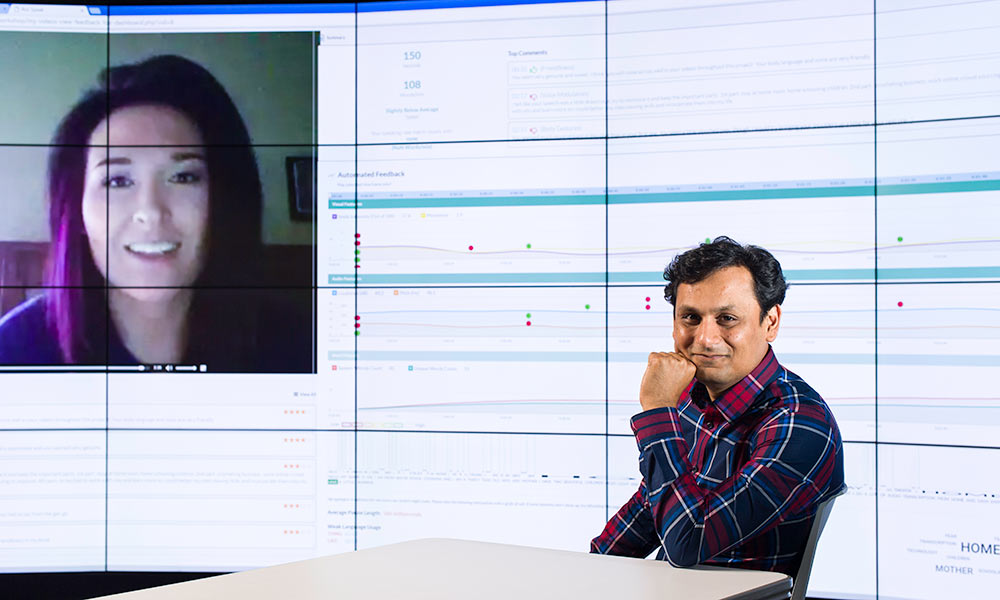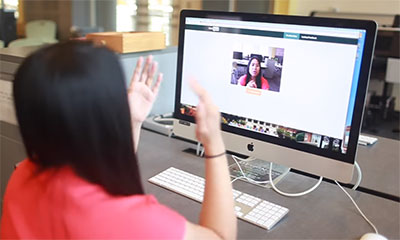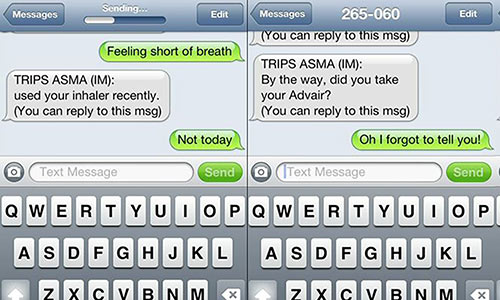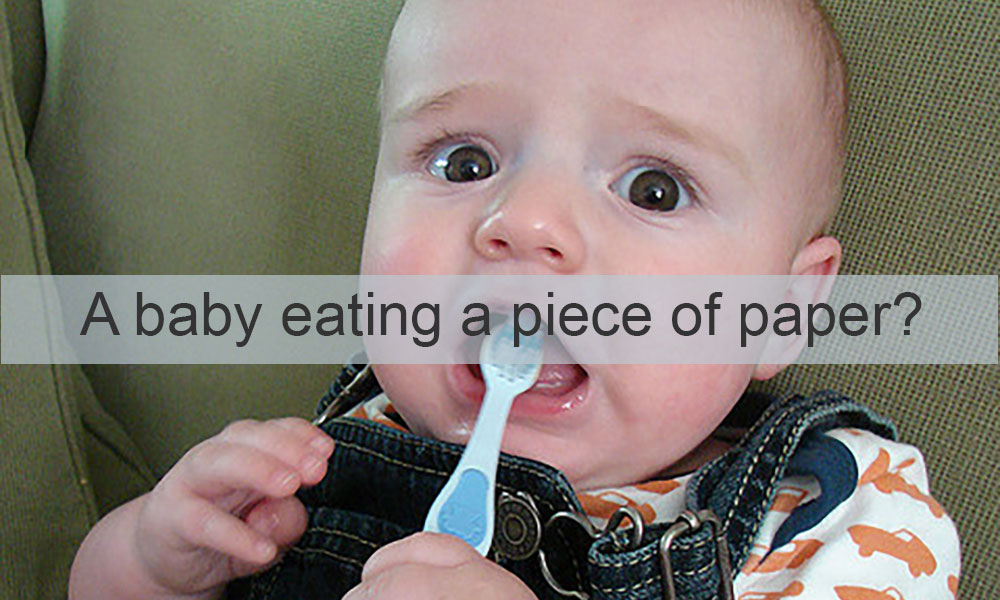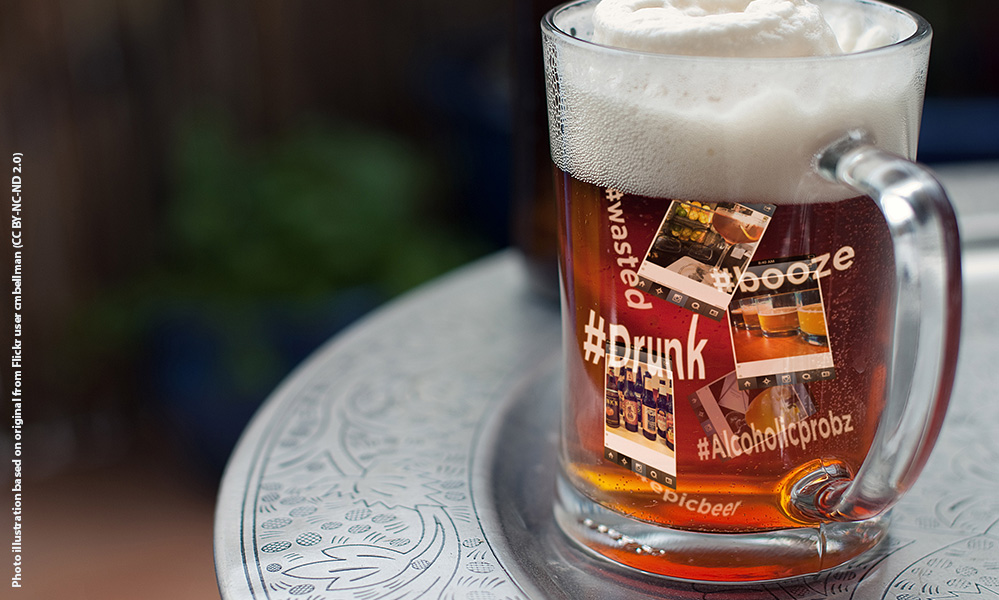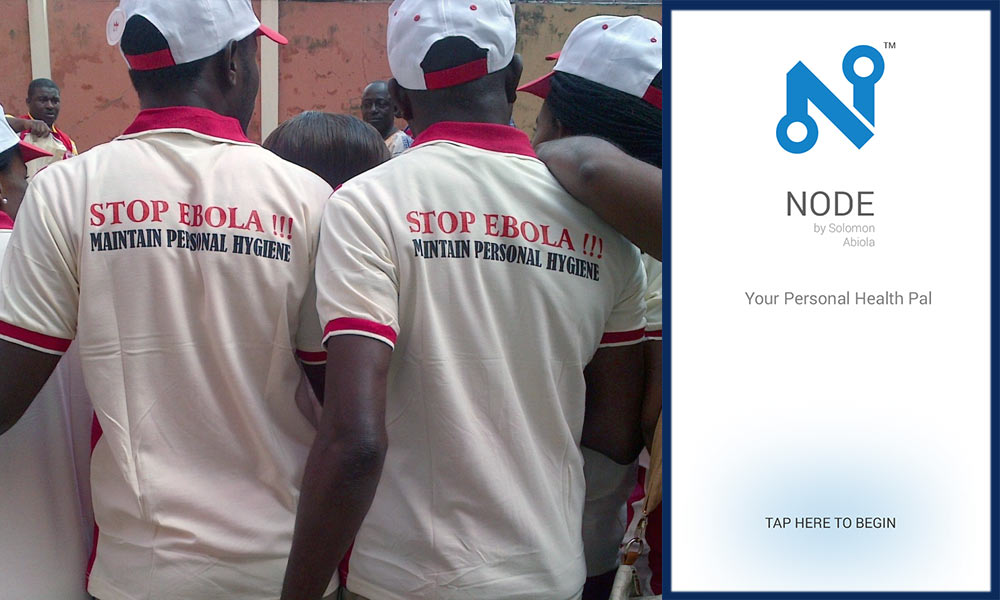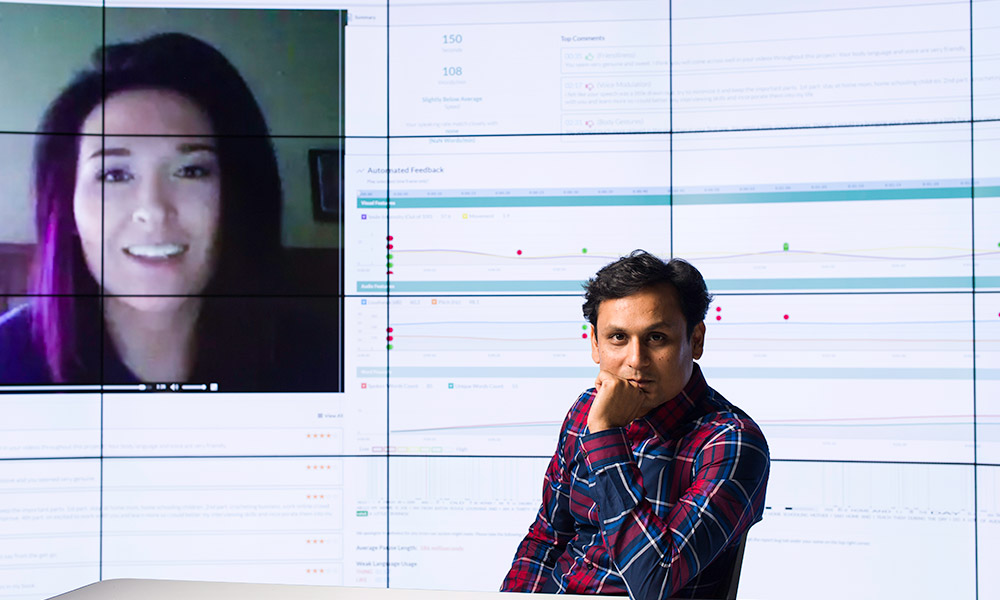
Science & Technology
Hoque receives World Technology Award
December 12, 2016
Ehsan Hoque, assistant director for research outreach at the Goergen Institute for Data Science, has been recognized as a leading innovator along with other U.S. Secretary of State John Kerry, Amazon CEO Jeff Bezos, and other winners this year.



